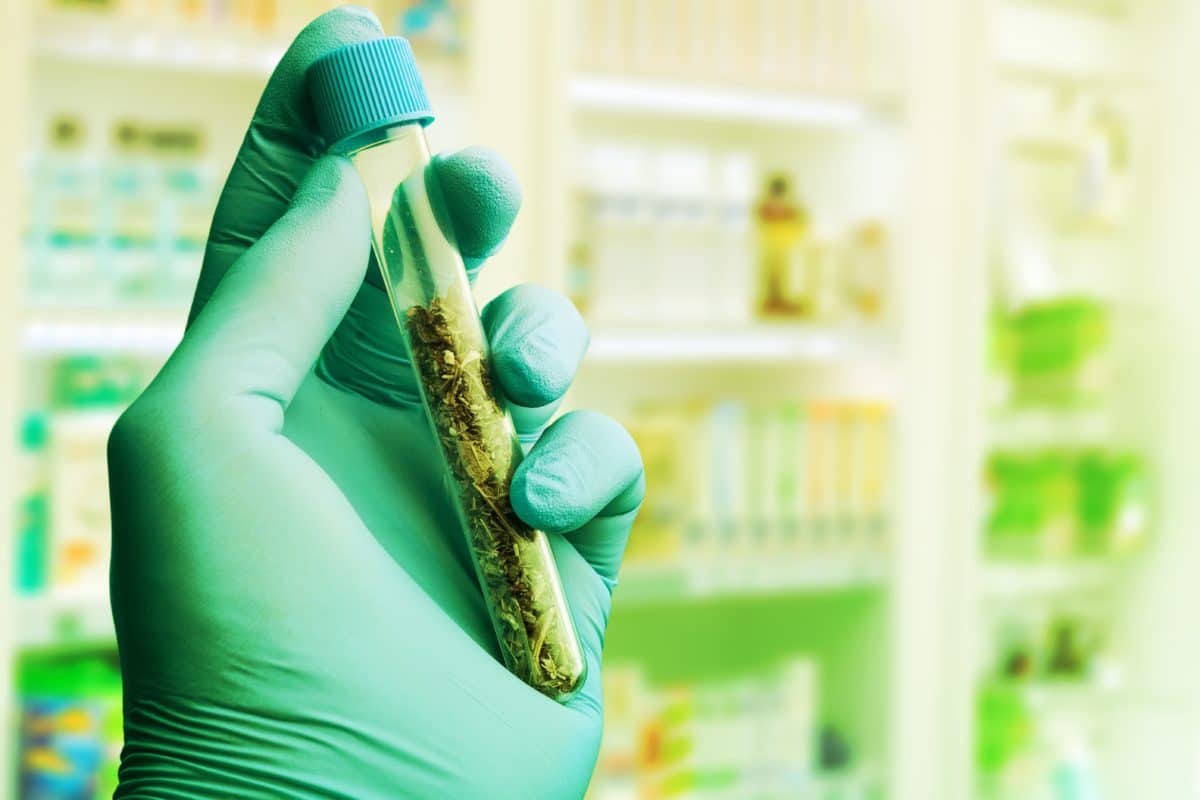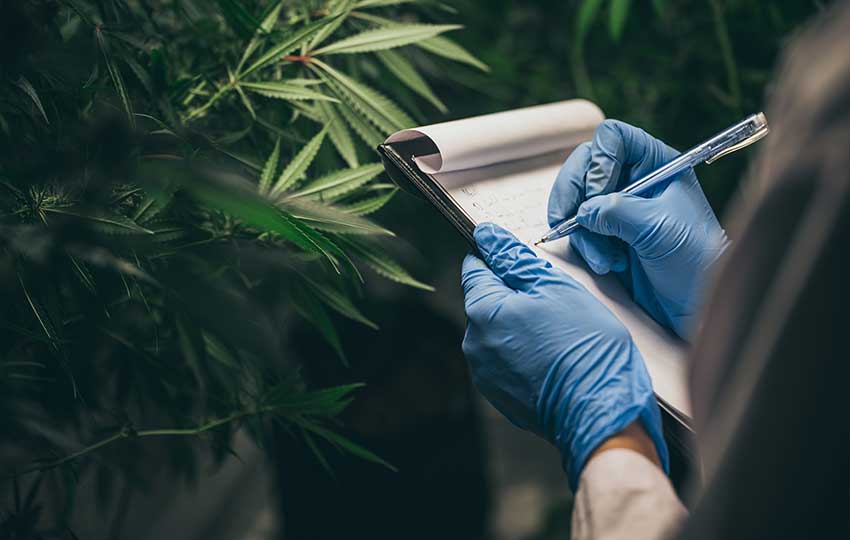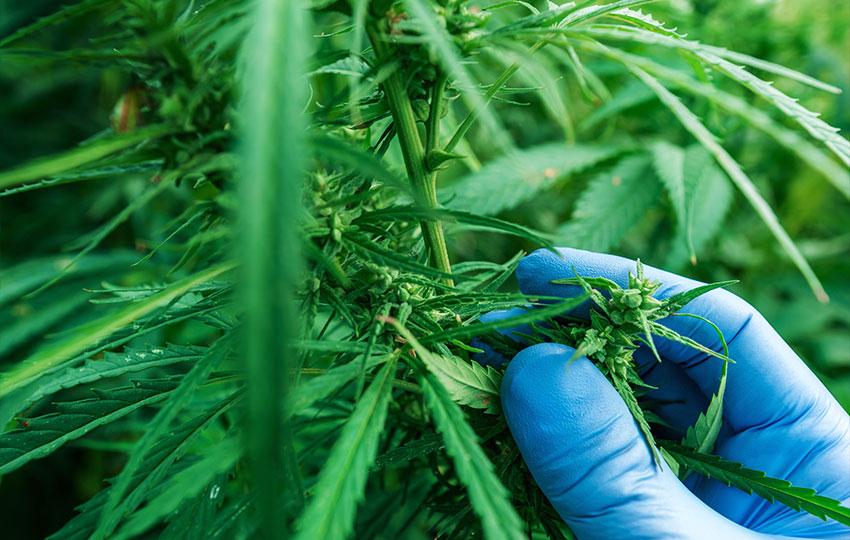
Top 5 Things to Know About Analytical Testing Licences
Under the Cannabis Act & Regulations, applicants are required to obtain a licence issued by Health Canada in order to conduct activities relating to analytical

Under the Cannabis Act & Regulations, applicants are required to obtain a license issued by Health Canada in order to conduct activities relating to analytical testing involving cannabis. Therefore, individuals and corporations who wish, for the purposes of testing, to possess cannabis and to alter the chemical or physical properties of this cannabis by any means for the purposes of testing, may apply for an Analytical Testing License.
An Analytical Testing License is useful to confirm the purity and potency of all medicinal and recreational cannabis allotted for sale, as these products must be put through an extremely rigorous chemical and microbiological testing process. Analytical Testing license holders are able to work closely with cultivators and processors, as both of these license holders require the services of a testing laboratory.
The application for an analytical testing license is not as extensive as that of a cultivation or processing license application, however there are still some important requirements that need to be met, as well as documents that need to be included with the application. Security measures for Analytical Testing license holders are more relaxed, as there will only be a small quantity of product allowed on-site at any given time.
This Analytical Testing License is for businesses that are looking to alter the chemical or physical properties of medicinal and/or recreational cannabis products for the purpose of testing.

Analytical Testing license holders are not permitted to cultivate cannabis or produce cannabis products. Furthermore, license holders are not allowed to sell or distribute cannabis or cannabis products to anyone. All samples of cannabis provided to the licensed testing laboratory must be destroyed within 90 days of the testing of the sample of the lot or batch being completed. If testing of the sample is not initiated within 120 days of its receipt, the license holder must, by the end of that period, either destroy the sample or distribute it to another holder of a license for analytical testing.

Under the Cannabis Act & Regulations, applicants are required to obtain a licence issued by Health Canada in order to conduct activities relating to analytical
This Analytical Testing License is for businesses that are looking to alter the chemical or physical properties of medicinal and/or recreational cannabis products for the purpose of testing.
Analytical Testing license holders are permitted to possess small amounts of cannabis and alter its chemical or physical properties for purposes of analysis by any means, including with an organic solvent.
When it comes to the activities covered under an analytical testing license, there are quite a few to choose from. Analytical testing license holders may conduct activities that include, but are not limited to, any combination of the following testing processes:
Analytical Testing license holders are not permitted to cultivate cannabis or produce cannabis products. Furthermore, license holders are not allowed to sell or distribute cannabis or cannabis products to anyone. All samples of cannabis provided to the licensed testing laboratory must be destroyed within 90 days of the testing of the sample of the lot or batch being completed. If testing of the sample is not initiated within 120 days of its receipt, the license holder must, by the end of that period, either destroy the sample or distribute it to another holder of a license for analytical testing.
Under the Cannabis Act & Regulations, applicants are required to obtain a license issued by Health Canada in order to conduct activities relating to analytical testing involving cannabis. Therefore, individuals and corporations who wish, for the purposes of testing, to possess cannabis and to alter the chemical or physical properties of this cannabis by any means for the purposes of testing, may apply for an Analytical Testing License.
An Analytical Testing License is useful to confirm the purity and potency of all medicinal and recreational cannabis allotted for sale, as these products must be put through an extremely rigorous chemical and microbiological testing process. Analytical Testing license holders are able to work closely with cultivators and processors, as both of these license holders require the services of a testing laboratory.
We can help guide you through submitting your analytical testing license application as we know what to expect when it comes to questions/comments from Health Canada. We want to ensure that every aspect of your business is thought out like your facility’s physical security, key investors, cannabis testing plans, and business organizational structure to ensure a smooth application process. You also need to ensure that you specify which person in your organization will fill the head of the laboratory role.
Subscribe To Our Newsletter
Get Latest Industry News and Updates
